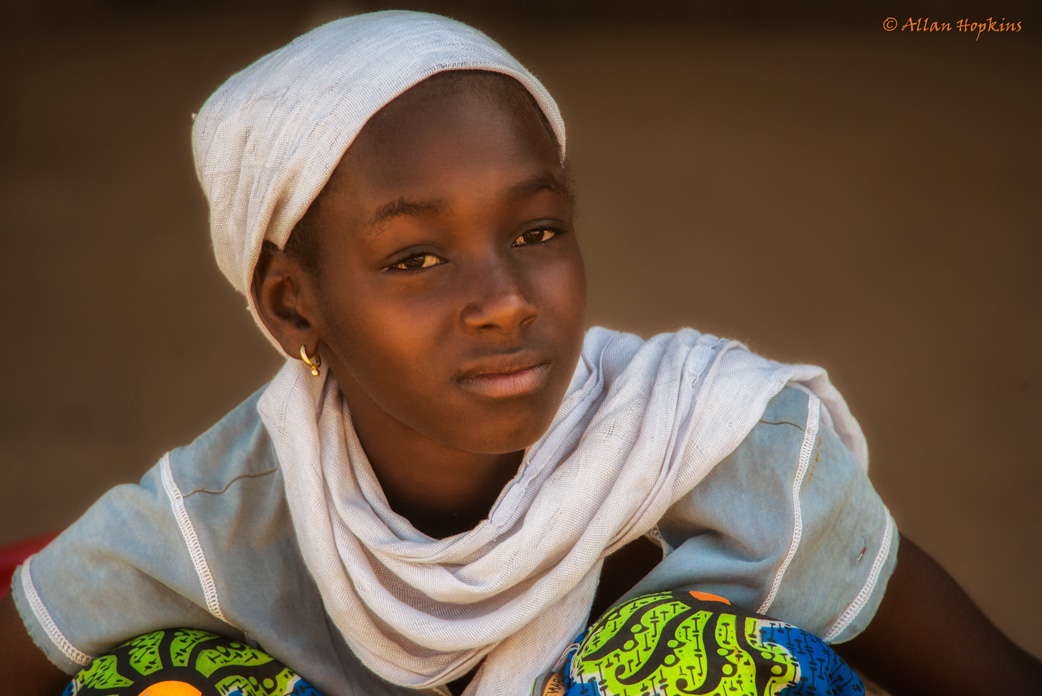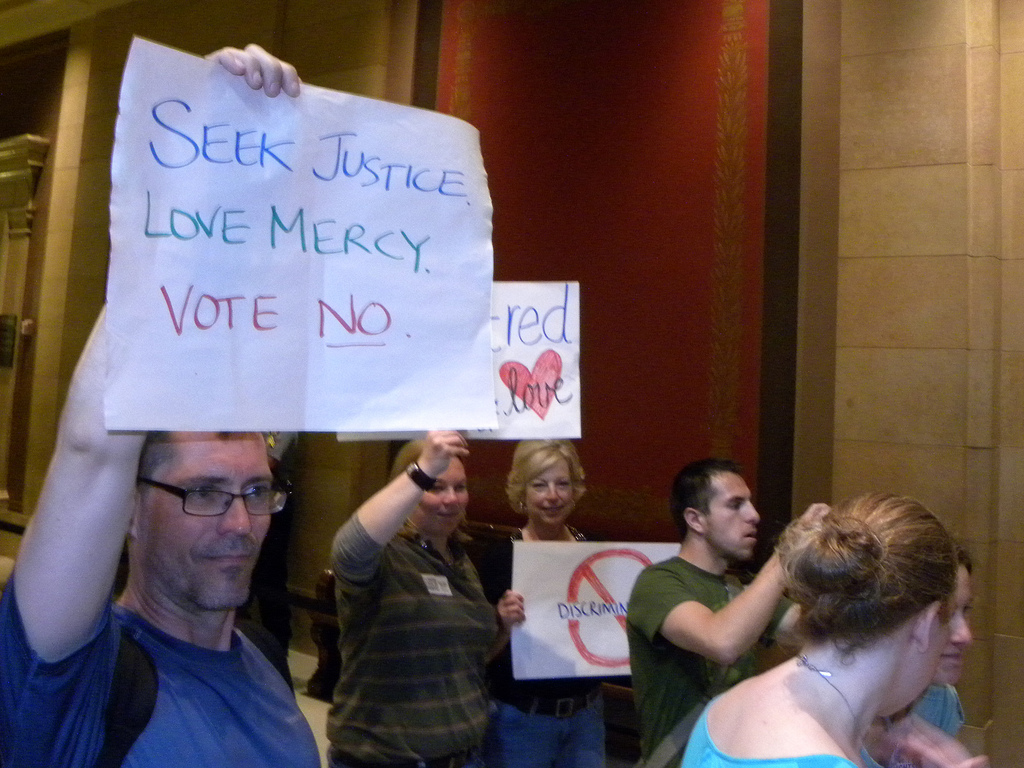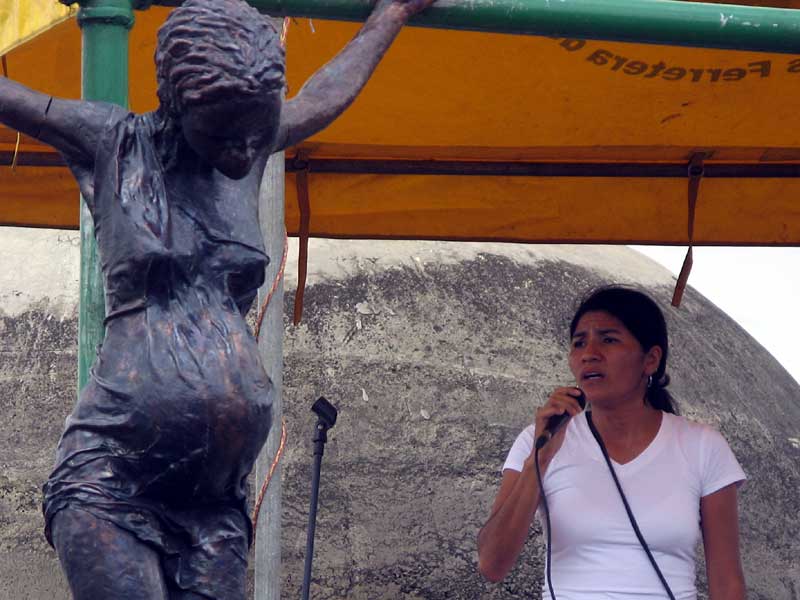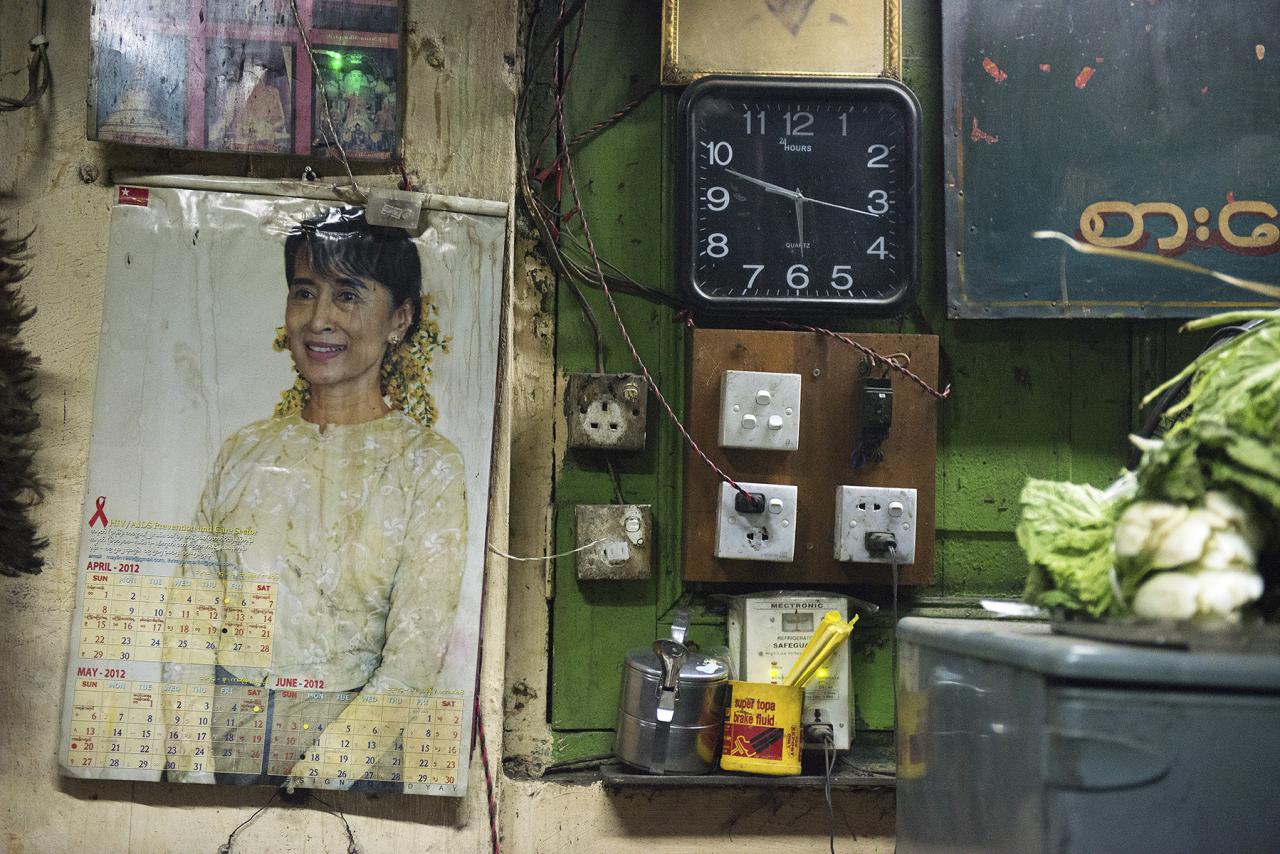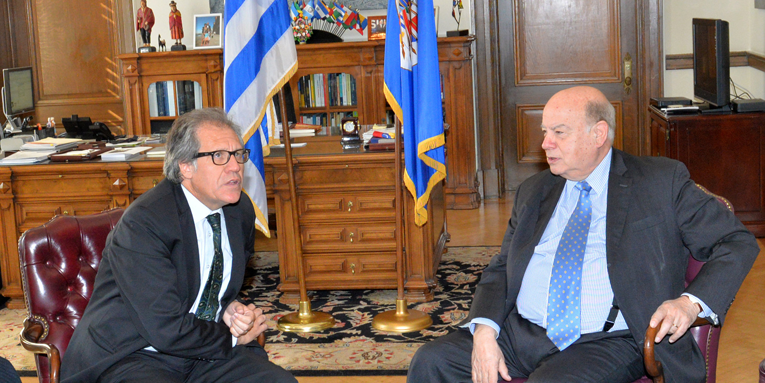BOGOTA, Dec 4 (Thomson Reuters Foundation) – A decision by the Dominican Republic’s constitutional court to reinstate a total ban on abortion is putting women’s lives at risk, rights groups said.
Reforms last year to amend the country’s criminal code to allow abortion in cases of rape, incest, a deformed foetus or when a woman’s life is in danger, were passed by congress and approved by President Danilo Medina.
The reforms, a result of years of debate over the abortion ban in the predominantly Catholic and socially conservative Caribbean country, were set to take effect on Dec. 27.
But after an appeal by religious and conservative groups who said the country’s laws and constitution must protect the rights of an unborn child at all costs, the court on Wednesday ruled changes to the criminal code dating back to 1884 were unconstitutional.
“This decision takes women’s and girls’ human rights back to the 19th century,” Erika Guevara, Americas director at Amnesty International, said in a statement on Thursday.
“Its impact will be catastrophic for women and girls in the Dominican Republic who will continue to be criminalised, stigmatised and forced to seek out unsafe abortions because they are denied access to safe and legal medical treatment.”
Bishops from the country’s influential Roman Catholic Church have publicly criticised moves to overturn the abortion ban.
Rights groups say blanket bans on abortion are a leading cause of maternal mortality because they force women to undergo dangerous backstreet abortions.
By Anastasia Moloney
Read the full article from the Thomson Reuters Foundation


